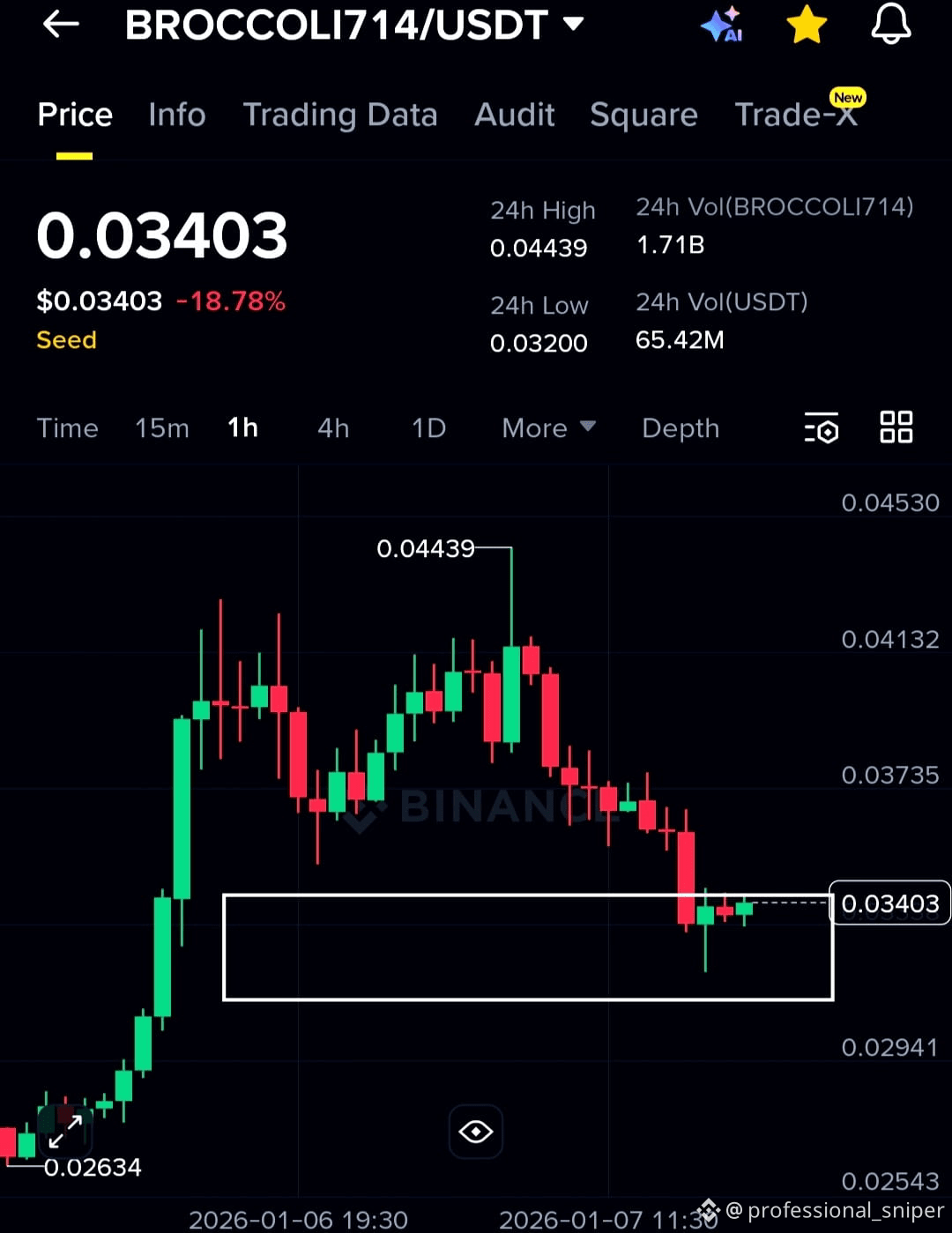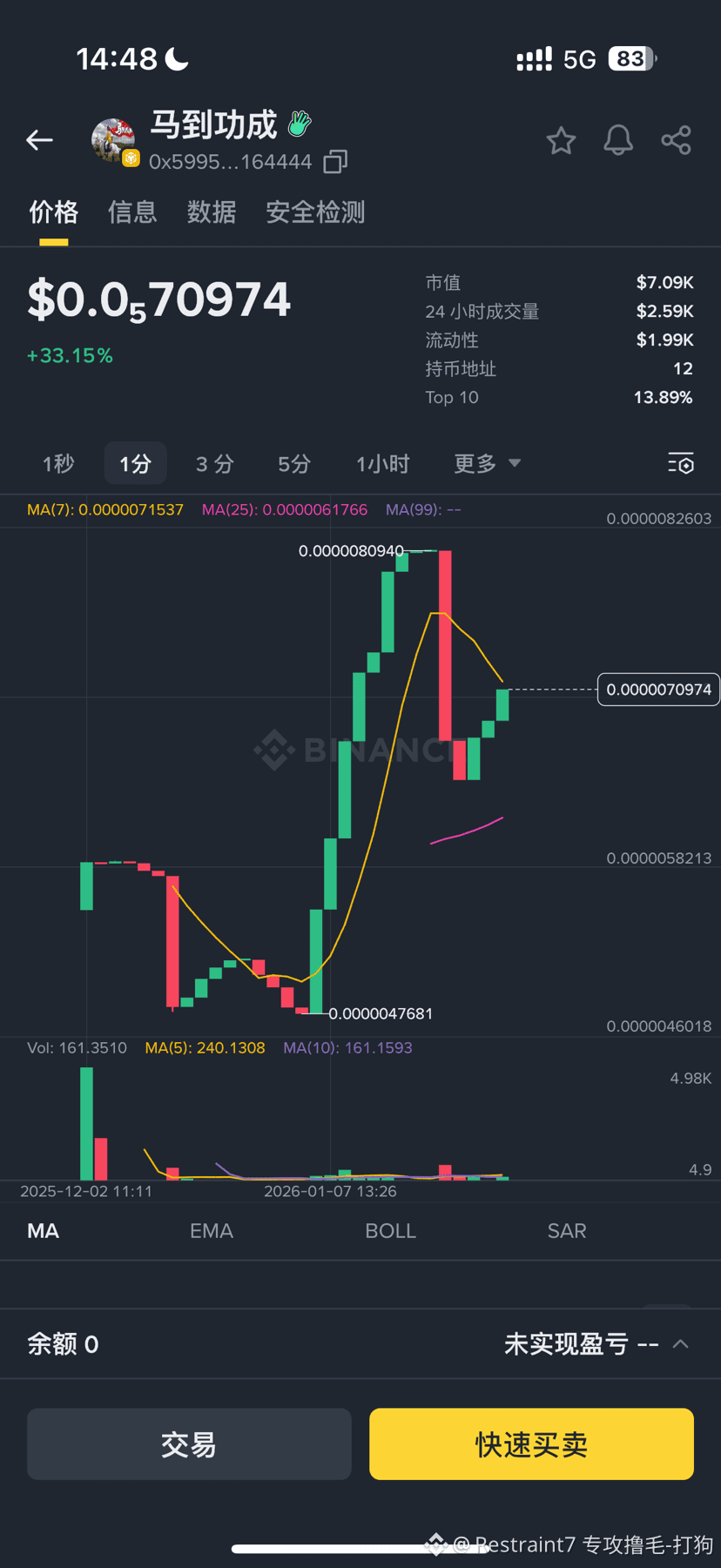I can't help but feel (and truly feel) that the world is generally sad right now. Really, scarred.
Yesterday I was in Utah with my family. Three generations. We exercised together, enjoyed good food, saw friends, and did absolutely nothing all day. It was one of the best days of our recent memories for all of us. This is where I grew up. It brought back childhood memories, allowed me to relive those mental states, and made me feel the vast difference between the past and the present.
The emptiness and sadness of the modern world seems to stem in part from our phones, social media, and the intense need to be noticed and valued every moment. We've mistakenly worshipped a particular dysfunction: a manic, insomnia-ridden, hyper-vigilant need for constant attention.
Everyone I know who's been offline for a week says they've come back with a significant improvement in life satisfaction. I've never met anyone who didn't come back feeling refreshed, energetic, and acutely aware of the corrosive nature of our current social culture. Scientific research supports this feeling. Due to excessive external stimulation, they have insufficient dopamine in their bodies, making everything seem bleak.
So why don't we disconnect from the internet more often? We're all caught in a prisoner's dilemma. Most people want to move to the mountains, escape everything, but are afraid of becoming invisible once disconnected. This is the real consequence of declining power and status. So we continue to disconnect, like drinking poison. This state of heightened alertness keeps us in a constant state of "fight or flight" stress (anxiety). Meanwhile, our "addiction" causes dopamine deficiency (feelings of emptiness/gloom) and lingering anxiety.
Mammalians are naturally capable of co-regulating: physical contact, eye contact. Close, face-to-face interaction promotes oxytocin release, activating the parasympathetic nervous system, particularly the vagus nerve. Screens, however, destroy all of this.
We can start with small things. For example, increase face-to-face interaction time, spend one day a week away from technology, or four consecutive hours, or an hour before bed. I hope everyone realizes that we are all being used by tech companies to gain engagement, then trapped, even trapped by each other.







